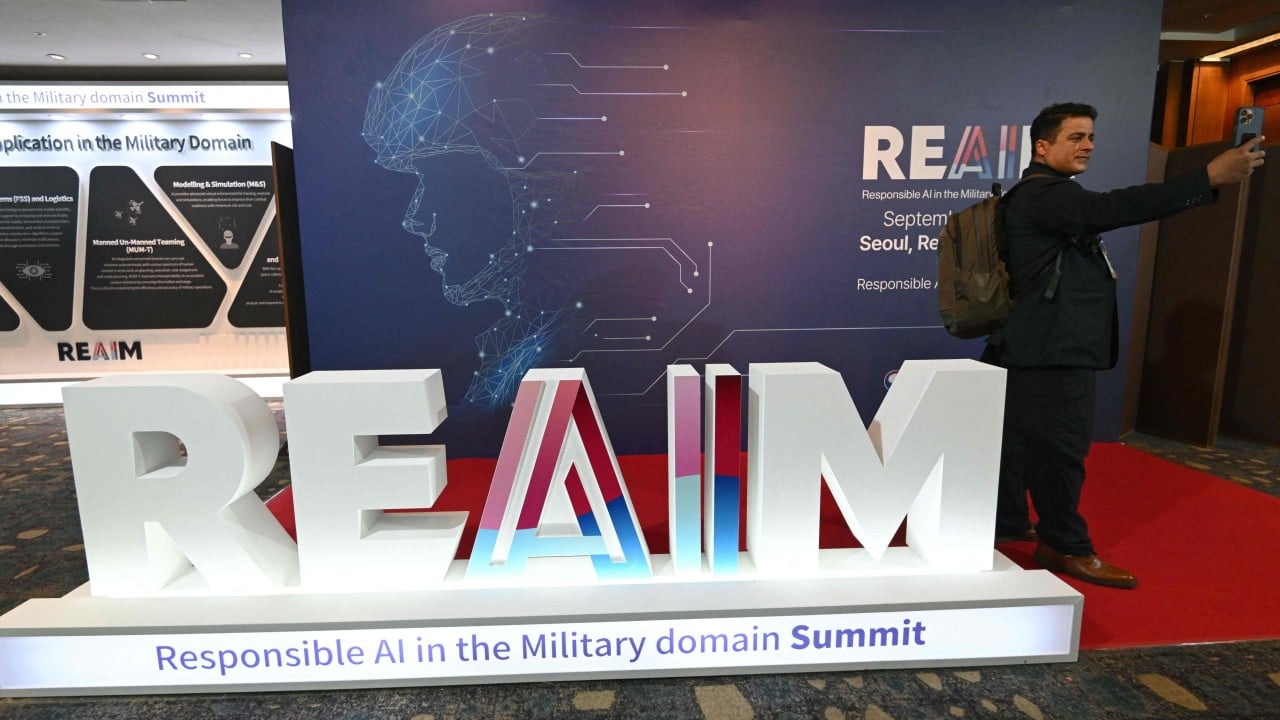Beijing raised eyebrows when it decided not to sign an international declaration this month to keep humans, not artificial intelligence, in control of decision-making on nuclear weapons.
Advertisement
It is unclear why China opted out of the non-binding joint statement – endorsed by over 60 countries, including the US and Ukraine – at the end of the second Responsible AI in the Military Domain (REAIM) conference, hosted by South Korea.
Observers say it underlines Beijing’s dilemma as it tries to balance concerns about making nuclear-related commitments amid its rivalry with the US on military AI, and its desire for a bigger say in global governance of the rapidly evolving technology.
Advertisement
They also say it is an example of how the worsening feud between the two powers holds back global efforts to regulate AI, especially its expanding military use.
“At this stage, China’s approach is to engage in international discussions while being extremely cautious about making specific commitments that might tie its hands in the future,” said Tong Zhao, a nuclear expert and senior fellow at the Carnegie Endowment for International Peace.
Advertisement

